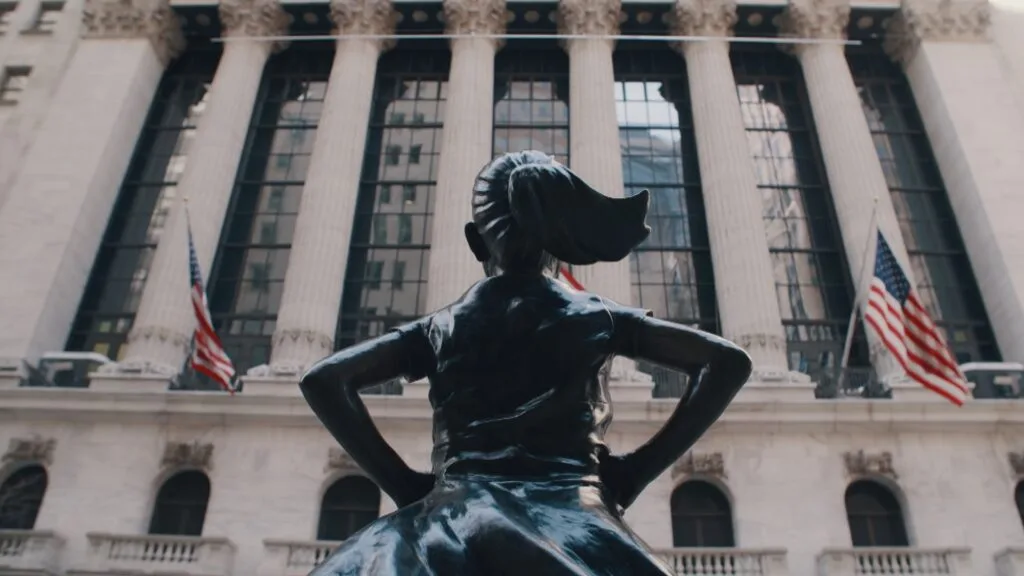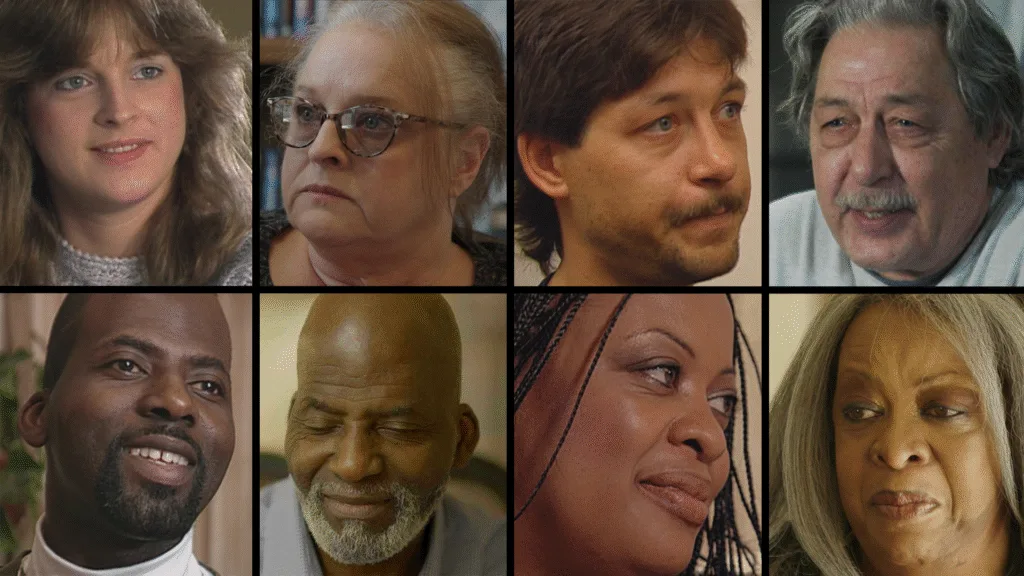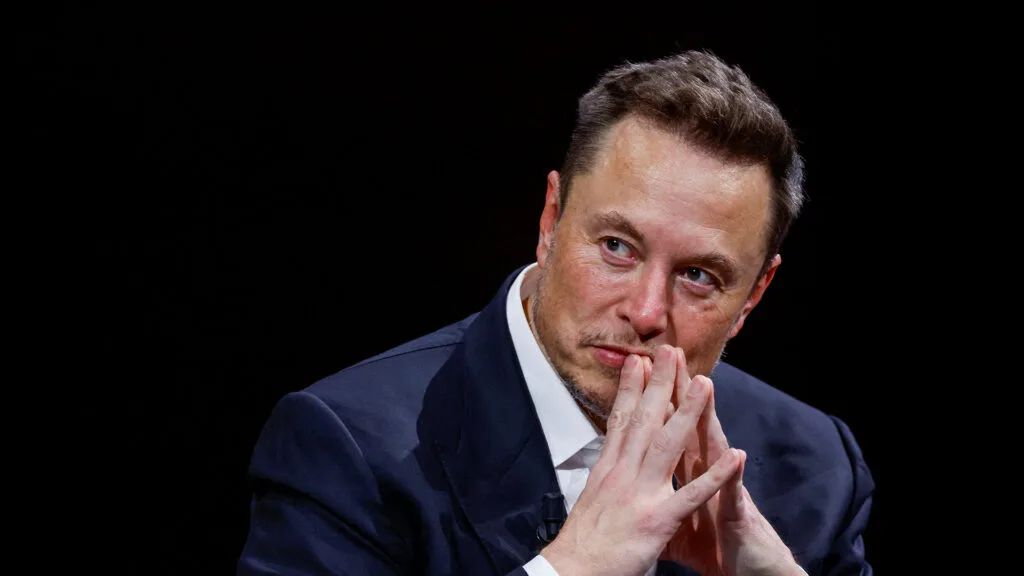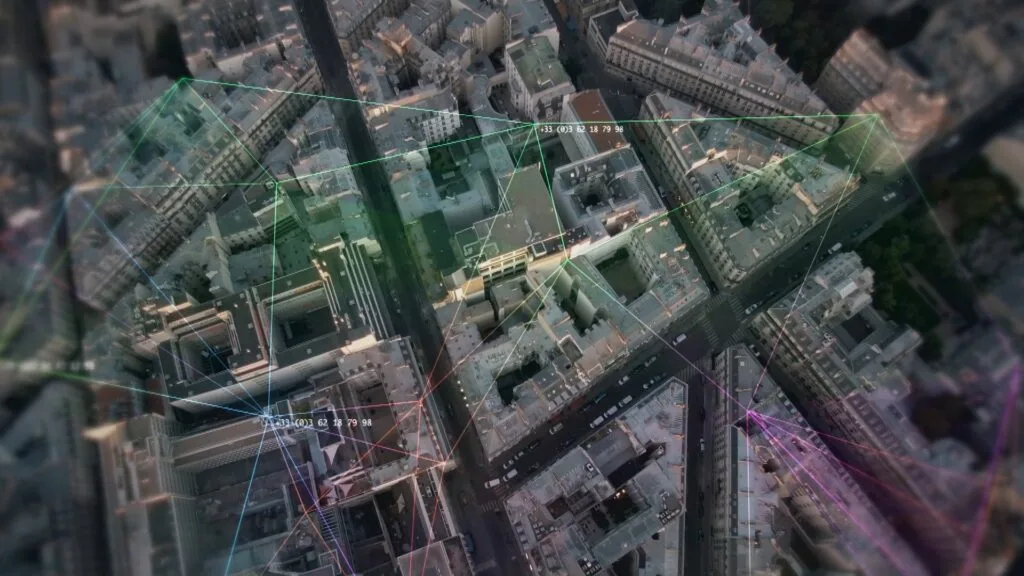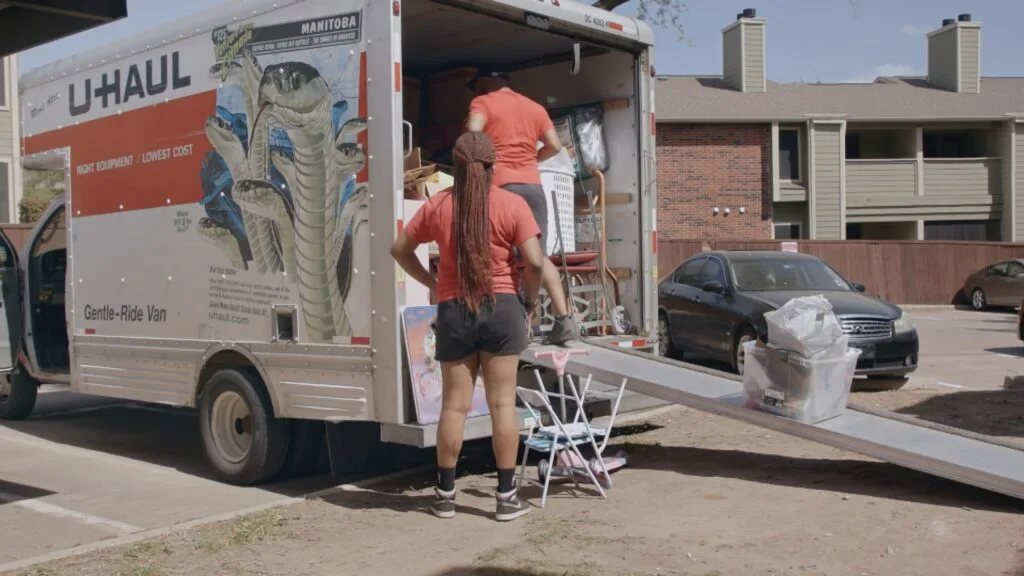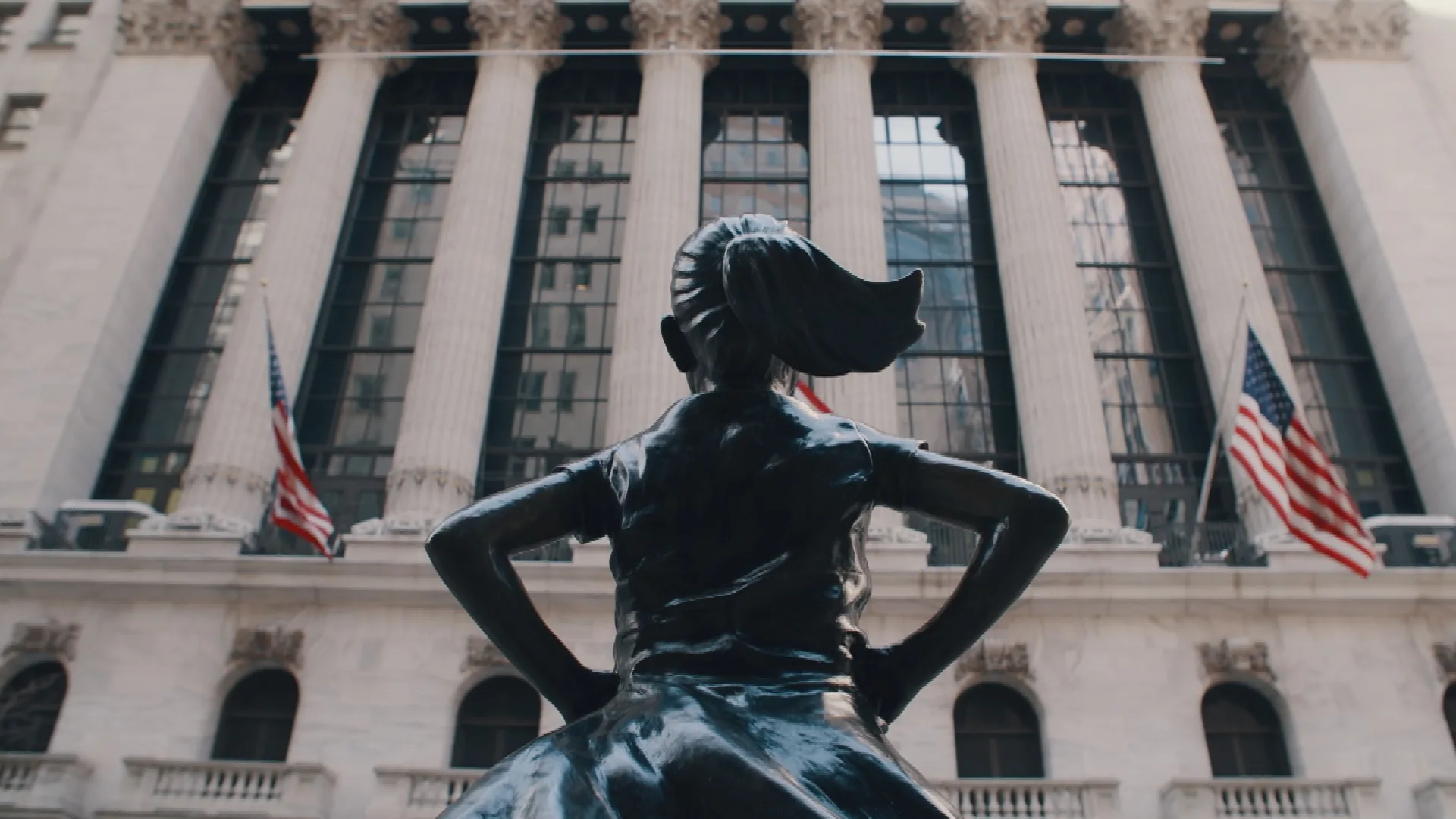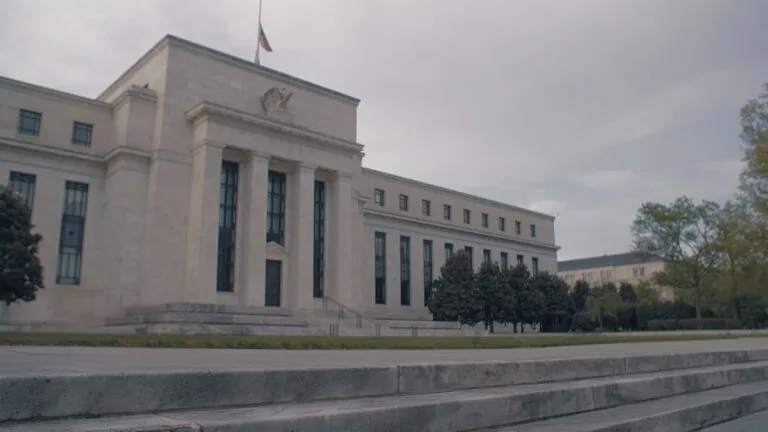Federal Reserve Raises Rates as it Juggles Fighting Inflation With a Banking Crisis

March 22, 2023
Share
The Federal Reserve announced on Wednesday that it would raise interest rates by a quarter-point, a signal the central bank is maintaining its focus on reducing inflation despite recent uncertainty in the banking sector.
After announcing the decision, Fed Chair Jerome Powell said the Fed “did consider” a pause in rate increases given recent bank collapses, but that the latest data led to consensus that a hike was necessary. “We are committed to restoring price stability,” he said.
Wednesday’s interest rate decision marks an important moment for the Federal Reserve, which has been caught between opposing forces in recent weeks. On one hand, the fight against inflation has yielded some results but is far from over, putting pressure on the Fed to continue raising rates to slow down the economy.
Read more: What the Fed’s Inflation-Fighting Efforts Could Mean for the U.S. Economy
On the other hand, the recent collapses of Silicon Valley Bank and Signature Bank have stirred concerns about the stability of America’s banking system, resulting in some investor sell-off. President Joe Biden attempted to calm any panic when the crisis began and said on March 13 that “Americans can have confidence that the banking system is safe” after the Federal Reserve, Department of the Treasury and Federal Deposit Insurance Corporation moved to guarantee all deposits at the failed banks. On Tuesday, Treasury Secretary Janet Yellen said the bank situation was “stabilizing.”
Given the upheaval of the last few weeks, some experts predicted the Fed might pause its rate increases in order to project stability and prevent further panic. By raising rates a moderate quarter-point, the Fed appears to have decided to instead strike a balance.
As explored in FRONTLINE’s recent documentary Age of Easy Money, the Fed’s historic pace of interest rate increases is a stark departure from the recent past. For most of the past decade, the central bank’s policies made it cheap to borrow money economy-wide in an effort to stir growth, investment and employment. The Fed pivoted in March 2022 by raising interest rates to fight surging inflation, and the documentary explores the consequences of its monetary policies and what types of disruptions Americans can expect.
Read more: What Silicon Valley Bank’s Collapse Says About the Easy Money Era Ending
The changes to the economic landscape in the U.S. mean an adjustment period as businesses, banks and individuals adapt to higher interest rates. In an interview conducted five months before the recent bank collapses, Age of Easy Money producer James Jacoby asked Neel Kashkari, president of the Federal Reserve Bank of Minneapolis, how much disruption the Fed would tolerate in this adjustment period.
“It’s not the Fed’s job to bail out Wall Street investors if their stock portfolios go down,” Kashkari said in October 2022. “Obviously, we need to keep systemic risk from spilling across the whole economy, and when those events happen, we are prepared to act. But from — in my view, the bar of us acting, the bar from us acting should be quite high.”
Watch the full documentary Age of Easy Money below, on the PBS App or on YouTube.

Former Tow Journalism Fellow, FRONTLINE/Newmark Journalism School Fellowships, FRONTLINE
Email:
james_odonnell@wgbh.orgRelated Documentaries
Latest Documentaries
Related Stories
Related Stories
Explore
Policies
Teacher Center
Funding for FRONTLINE is provided through the support of PBS viewers and by the Corporation for Public Broadcasting, with major support from Ford Foundation. Additional funding is provided the Abrams Foundation, Park Foundation, John D. and Catherine T. MacArthur Foundation, Heising-Simons Foundation, and the FRONTLINE Trust, with major support from Jon and Jo Ann Hagler on behalf of the Jon L. Hagler Foundation, and additional support from Koo and Patricia Yuen. FRONTLINE is a registered trademark of WGBH Educational Foundation. Web Site Copyright ©1995-2025 WGBH Educational Foundation. PBS is a 501(c)(3) not-for-profit organization.
